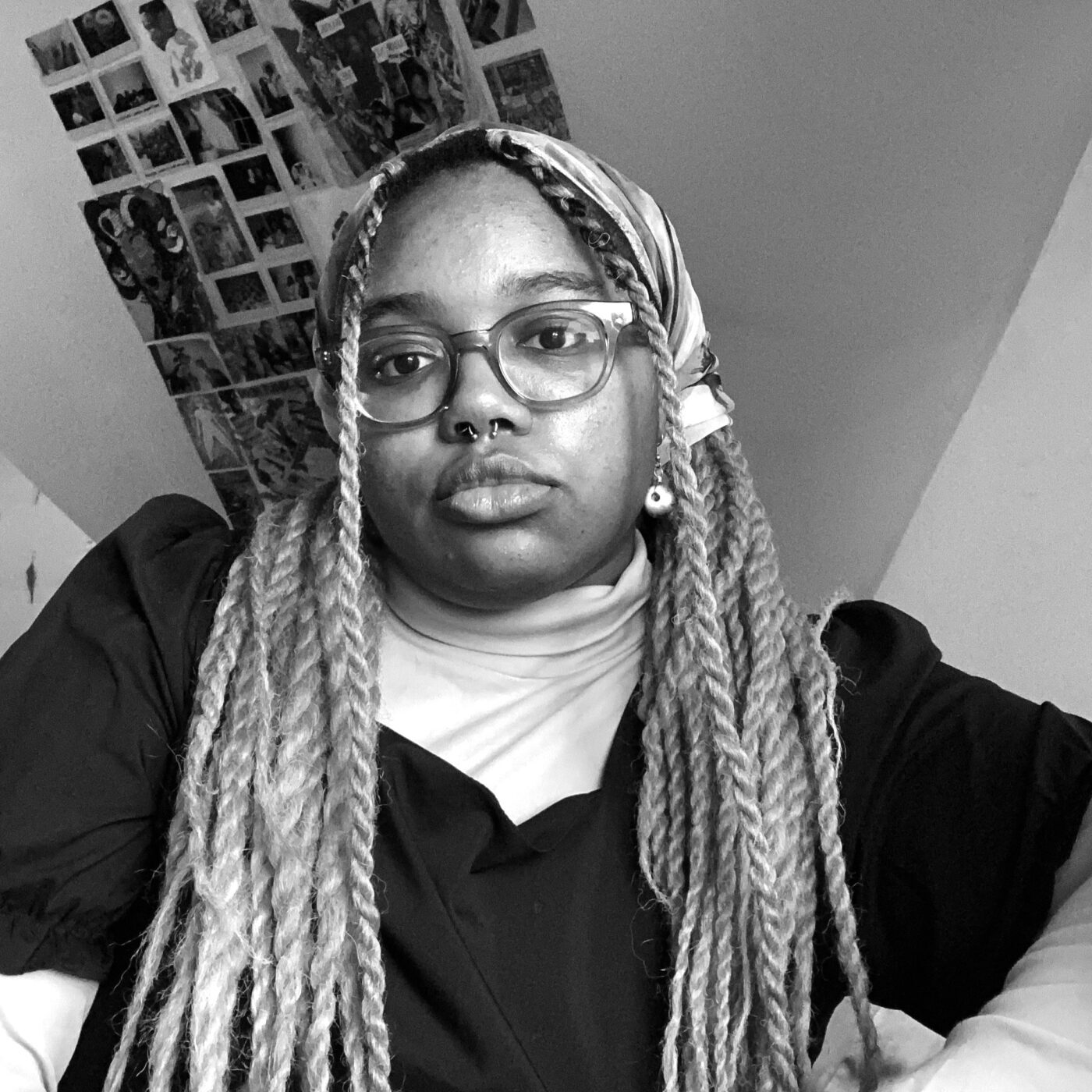THE GREEN LINE'S
CHANGEMAKER INTERVIEW
Driving change in your community with long-time activist Paul Taylor
For one of our Changemakers newsletters, we spoke with Paul Taylor, former FoodShareTO executive director and current co-CEO of Evenings & Weekends Consulting, about community-driven activism.

A portrait. of Paul Taylor.
📸: Samuel Engelking.

Adele Lukusa
A graduate of TMU, Kitchener native enamoured with Toronto and lover of Jamila Woods. Currently working on supporting mutual aid efforts and unpacking the nuances of Black haircare.
august 2023
Few carry the same grace, empathy and intentionality in their activism as Paul Taylor does.
He's a long-time activist, educator and a co-founder of Evenings & Weekends Consulting, an organization that supports charities and community groups. He was also the executive director of food justice organization FoodShare Toronto for six years.
You can hear it in his voice — the passion that imbues his stories about the Black women in his life, the care he has for the most marginalized in the room and his commitment to organizing with community instead of simply for community.
From introducing four-day workweeks to paying for job interviews and prioritizing experience over degrees, not only does Paul talk the talk, he walks the walk.
What does change mean to you?
|
Fact-Check Yourself
Sources and
further reading
Don't take our word for it —
check our sources for yourself.
Care about our city, but don't know how to make it better? Sign up for simple, step-by-step guides to solving problems in your neighbourhood — one small action at a time.